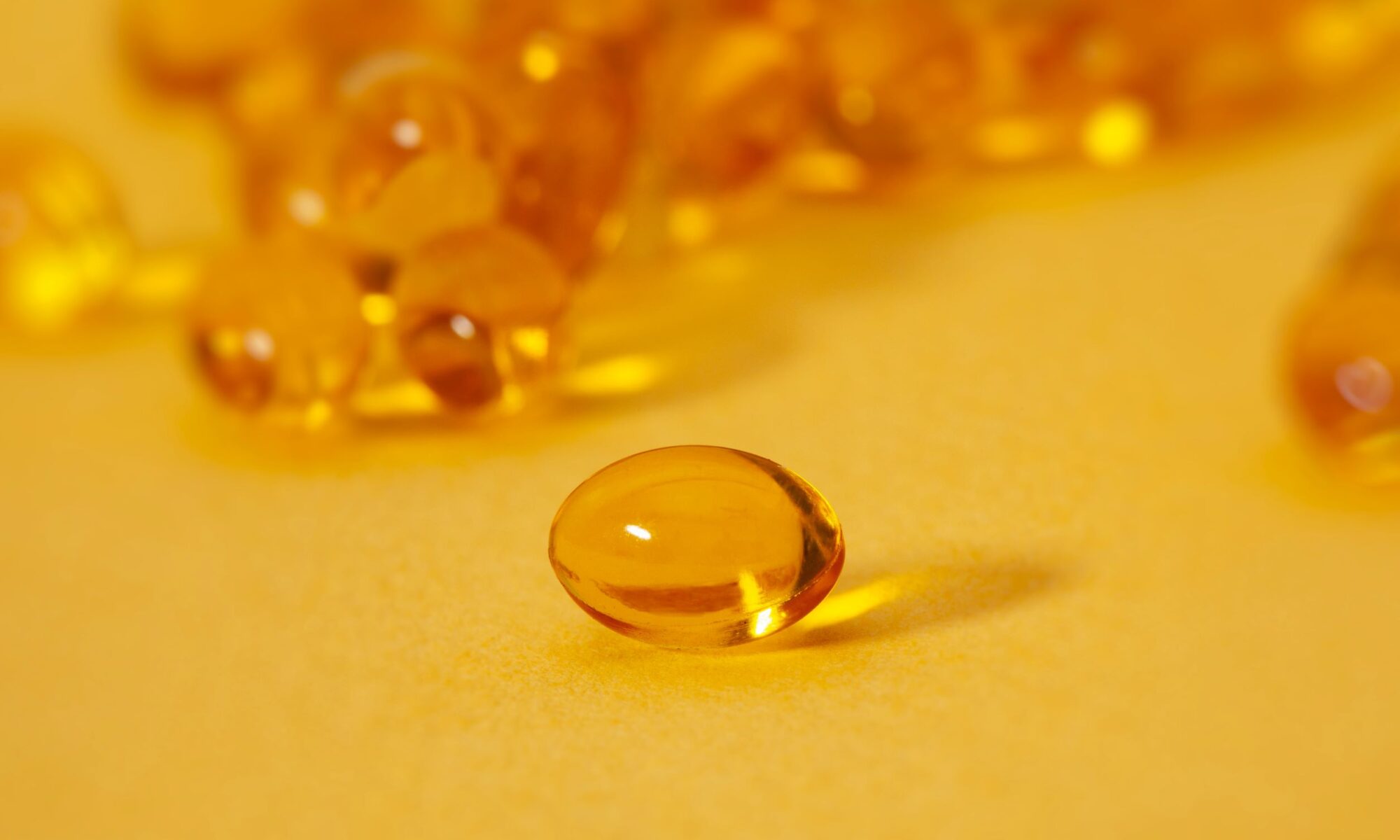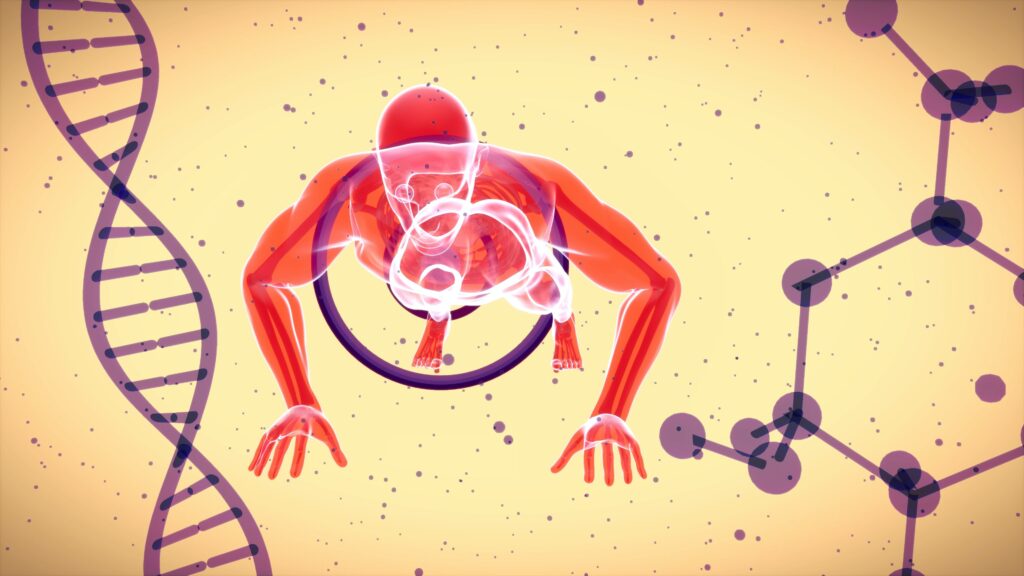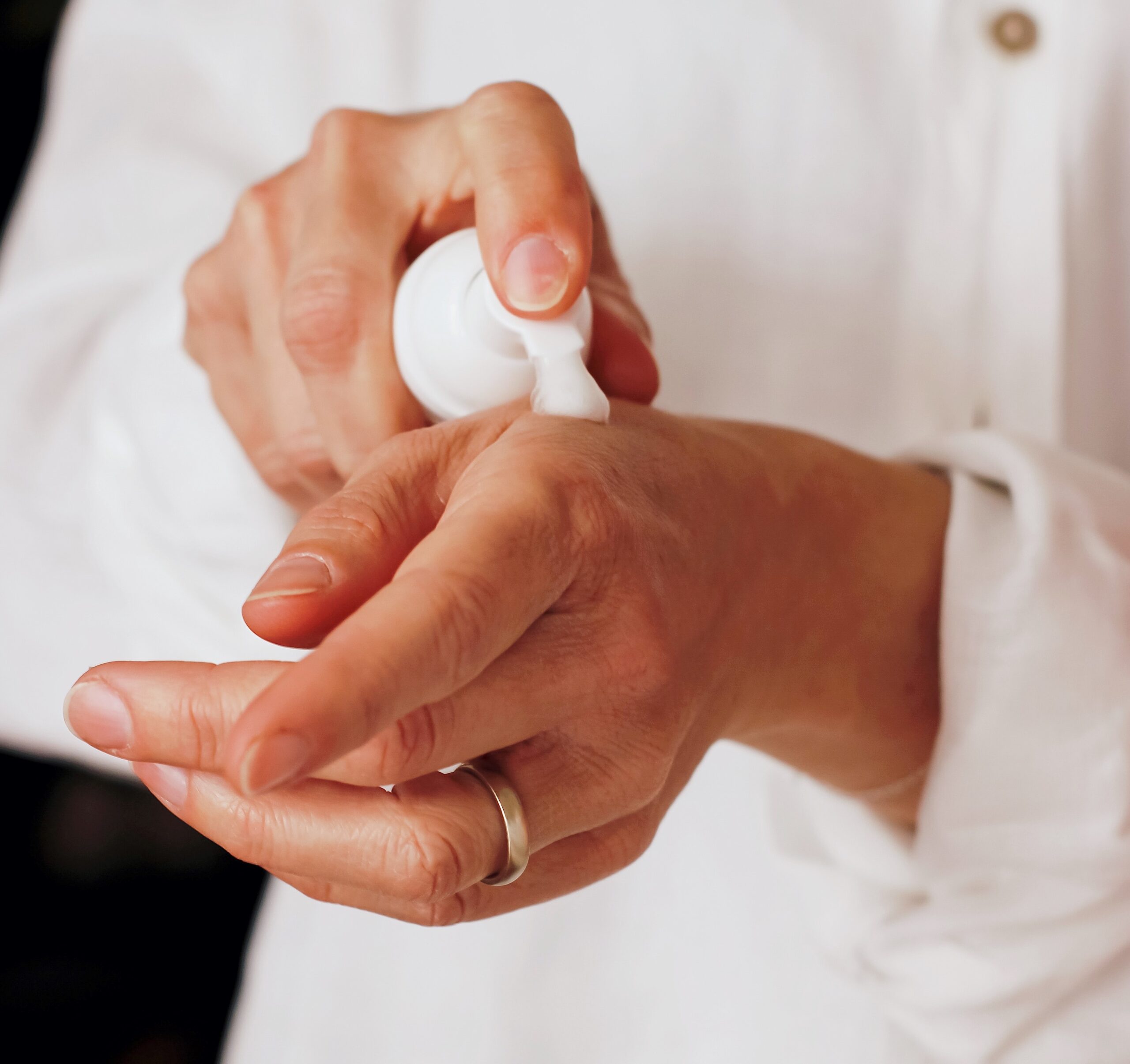Gilbert’s Syndrome protects against the leading cause of death globally.
Here’s reason to celebrate for people with Gilbert’s Syndrome! One benefit of this genetic enzyme deficiency is a reduction in heart and cardiovascular problems. Heart disease is responsible for a third of deaths globally and rates are increasing.
For decades studies have shown that Gilbert’s Syndrome provides some protection from heart disease. Recent studies looking at differences for different populations. These validate the finding of reduced heart disease in those with consistently raised bilirubin levels and look deeper at other factors.
Here you can find out more about why. Plus – why it doesn’t pay to think this means you can indulge in an unhealthy lifestyle.
Why does Gilbert’s Syndrome protect people against death related to heart disease?
According to research, people with consistently higher levels of bilirubin in their blood lay down less fat in arteries. They are less likely to have thrombosis, and may have lower blood pressure.
Raised levels of bilirubin in the bloodstream is one symptom of Gilbert’s Syndrome. Find out more here: https://gilbertssyndrome.org.uk/what-is-gilberts-syndrome/bilirubin/ . The enzyme people with Gilbert’s Syndrome are deficient in processes bilirubin, as well as other things in the body. This means we’ve got more bilirubin hanging around in our blood than most people.
This study from 2002 https://pubmed.ncbi.nlm.nih.gov/11849670/ proposes that bilirubin acts as an antioxidant and protects arteries. This 2017 research discusses similarly how bilirubin levels in Gilbert’s Syndrome can reduce the levels of fats in arteries https://pubmed.ncbi.nlm.nih.gov/28300459/ . This 2013 published study notes that people with GS have less fat in their bodies more generally, as well as laid down in their arteries! https://pubmed.ncbi.nlm.nih.gov/23201182/ Thrombosis is less likely with raised bilirubin levels.
This piece from 2018 https://journals.physiology.org/doi/full/10.1152/ajpheart.00417.2017 shows that aerobic exercise raises bilirubin levels. Athletes may have continuously raised bilirubin levels due to the regularity of their exercise. https://journals.physiology.org/doi/full/10.1152/ajpheart.00417.2017 : People with Gilbert’s Syndrome and people who exercise experience the benefits of raised bilirubin levels on their cardiovascular health. Higher bilirubin levels are also linked to lower systolic blood pressure measurements.
How amazing is this!
‘Mildly elevated total bilirubin is consistently associated with reduced incidence of all-cause mortality (34). Remarkably, GS approximately halves all-cause mortality compared with normobilirubinemic controls (33).’
Does this mean people with Gilbert’s Syndrome live longer?
Well, it’s more complicated than that as this article attempts to explain. In short, there’s no evidence that is the case. If you read through the article you can also read more about the potential link of GS with UTI’s, gastric delayed emptying and issues with certain medications.
https://academic.oup.com/ehjopen/article/3/3/oead059/7193306
This most recent research goes through other studies on millions of individuals. Excitingly it brings together a wide range of data to draw from, making it more robust than those studies observing far fewer individuals.
‘We report significant findings: (i) White individuals with GS consistently exhibited protective effect as they aged, and furthermore its magnitude increased with age (due to small sample sizes, we could not determine this effect in Black subgroups); and (ii) mean total bilirubin remained constant despite increase in protective effect magnitude with age.’
(Although the effect was less in women than in men. )
I can just put my feet up and eat fast food then?
So, it looks like people with Gilbert’s Syndrome are less likely to have cardiovascular (CVD) disease. However, I know people with Gilbert’s Syndrome and who have had cardiovascular problems. Just because there is increased protection does not mean you are completely protected. We’re less likely to die a death related to CVD, but we may experience angina, or heart attacks etc. This means we may need to be prescribed drugs like statins. It’s important to know that such drugs need to be monitored, as they aren’t well processed by people with Gilbert’s Syndrome.
The UK’s National Institute for Health and Care Excellence, which is the body that prescribes how our health services standards should function, says of Gilbert’s Syndrome and statins:
- Be aware that certain drugs should be used with caution in people with Gilbert’s syndrome.
- Gemfibrozil — inhibits uridine diphosphate (UDP)-glucuronyl transferase, the enzyme responsible for conjugation, and can cause variable hyperbilirubinaemia and jaundice.
- Statin — people with Gilbert’s syndrome may have an increased risk of statin intolerance and should be monitored more closely while taking them.
- Gemfibrozil plus a statin — concurrent treatment with gemfibrozil plus a statin is contraindicated in all people due to an increased risk of myopathy.
- In people with Gilbert’s syndrome, this interaction is further accentuated as glucuronidation is an important pathway for the metabolism of some statins and that pathway is compromised in people with Gilbert’s syndrome.
- Simvastatin, atorvastatin, and rosuvastatin are only partially metabolized by UDP-glucuronyl transferase, but when combined with gemfibrozil, there is an increased risk of drug toxicity, including myositis.
- If concurrent treatment with a fibrate and a statin is required, fenofibrate is a safer option than gemfibrozil but should still be used with caution.
https://cks.nice.org.uk/topics/gilberts-syndrome/management/management/
Finally – if you want to live a healthy happy life with Gilbert’s Syndrome, then your lifestyle is less likely to cause you heart disease. Eating plenty of fruit and veg for lots of fibre, vitamins and minerals, low fat wholegrains to balance your blood sugar, nuts, seeds, soya protein, broccoli and lots of other good things (find out more here https://gilbertssyndrome.org.uk/the-liver-diet/ ) will ensure you maximise your heart health. This is important due to the issues with prescribing cholesterol lowering medication.
With the sort of lifestyle that ensures you maintain optimum health with Gilbert’s Syndrome, you’ll be even more protected against the world’s biggest killer.








